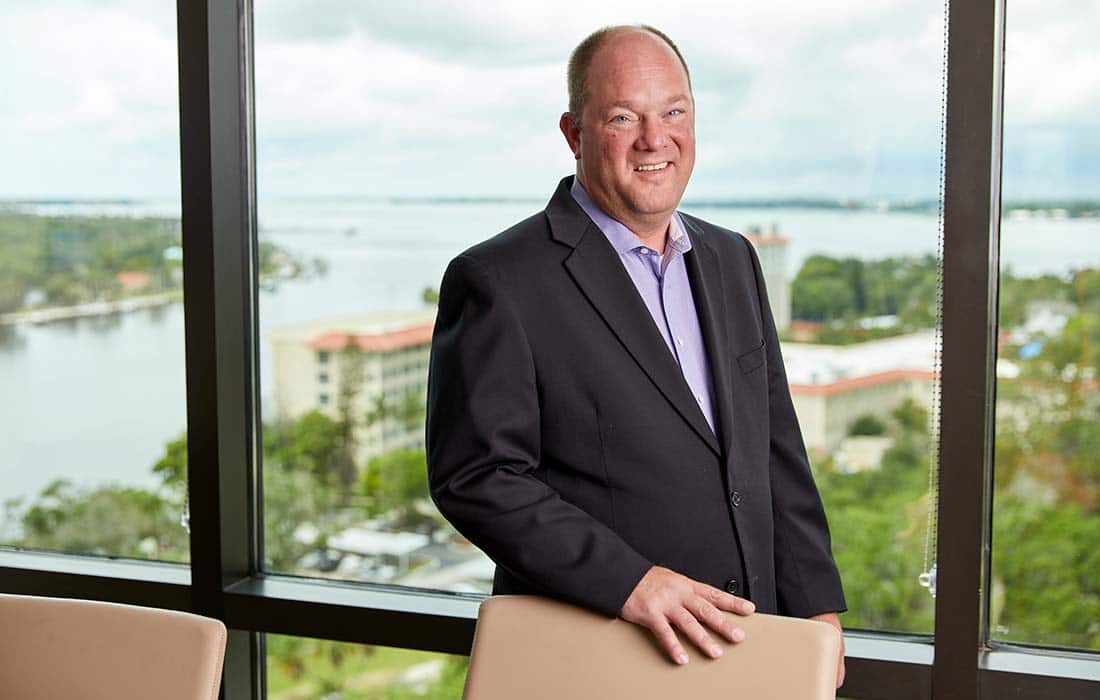By Brian Carter, CPA, Partner – Mauldin & Jenkins, LLC
The Paycheck Protection Program (PPP) Flexibility Act of 2020 adds yet another layer of rule changes to what has already been one of the most dynamic programs in U.S. history. Though the rapid-fire modifications may be hard to keep up with, their overall result is an easier path for business leaders to understand and meet the program’s loan forgiveness requirements.
The PPP Flexibility Act made several significant changes to the program, most notably:
- The period covered can potentially extend for 24 weeks after loan origination or until December 31, 2020, whichever is shorter, rather than the original 8-week limitation.
- A minimum of 60% of the loan amount must go toward payroll costs, down from 75%, as a condition of forgiveness for any portion of the loan.
- Employers have until December 31, 2020, to reverse any headcount or salary reductions under the Flexibility Act’s extended safe harbor provision for forgiveness eligibility.
- PPP borrowers can utilize the CARES Act’s deferred payroll tax provision. Prior to the update, this was impermissible.
- Unforgiven amounts from PPP loans issued after the update have a 5-year maturity as opposed to the 2-year repayment period for earlier loans.
- Employers who are unable to rehire employees or similarly qualified ones before the end of 2020 will not be barred from receiving loan forgiveness based due to this type of reduction in full-time employees (FTE).
- In addition, businesses with documentation that a reduction in FTE is due to compliance with federal health and safety requirements will not be penalized.
Most borrowers welcomed the revisions, as well as the clarifications provided in interim guidance. Issued in a near-constant barrage since the program’s inception, the accumulated guidance provides important clarifications and tweaks to a number of areas. Some of the most important include:
- Borrowers are free to use an alternate covered period, aligning it to actual pay periods beginning just subsequent to loan distribution.
- Eligible costs for forgiveness (both payroll and non-payroll) include those incurred and paid or incurred but not yet paid during the covered period, as long as the incurred costs are payed on the next due date/payroll date.
- Eligible payroll costs include wages, salary, commissions, bonuses, and hazard pay issued to active or furloughed employees, as long as these amounts are within the previously set annualized $100,000 compensation cap. Payroll costs are considered paid as of the date the employer distributes paychecks. They are considered incurred as of the date the employee earns the compensation.
- Eligible nonpayroll costs (paid or incurred) include those related to real or personal property, including mortgage interest, rent, and lease payments. Eligible utility payments include electricity, gas, water, transportation, telephone, or internet access.
- When calculating a potential FTE reduction, borrowers should divide the average number of hours paid (not worked) by 40 for each full-time employee. Employers can use the actual hours of part-time workers or a simplified approach specified in the guidance issued May 22, 2020.
- Borrowers can elect to use one of three specified periods for FTE comparisons rather than the last full quarter worked, which some borrowers had feared.
- The wage reduction calculation applies only to the portion of any measured reduction in employee compensation that is not attributable to any FTE reduction.
Organizations and their leaders are struggling mightily to respond to the shifting demands of a pandemic world as well as evolving state and local imperatives. Given the complexity (and sheer number) of the rules governing forgiveness and realistic possibility of subsequent guidance or changes to the PPP, borrowers should strongly consider working with a qualified professional to assist with the loan forgiveness application.
This content is written by Brian Carter, CPA, Partner, with Mauldin & Jenkins, LLC. For more information, please call 941-741-2229 or email bcarter@mjcpa.com.




